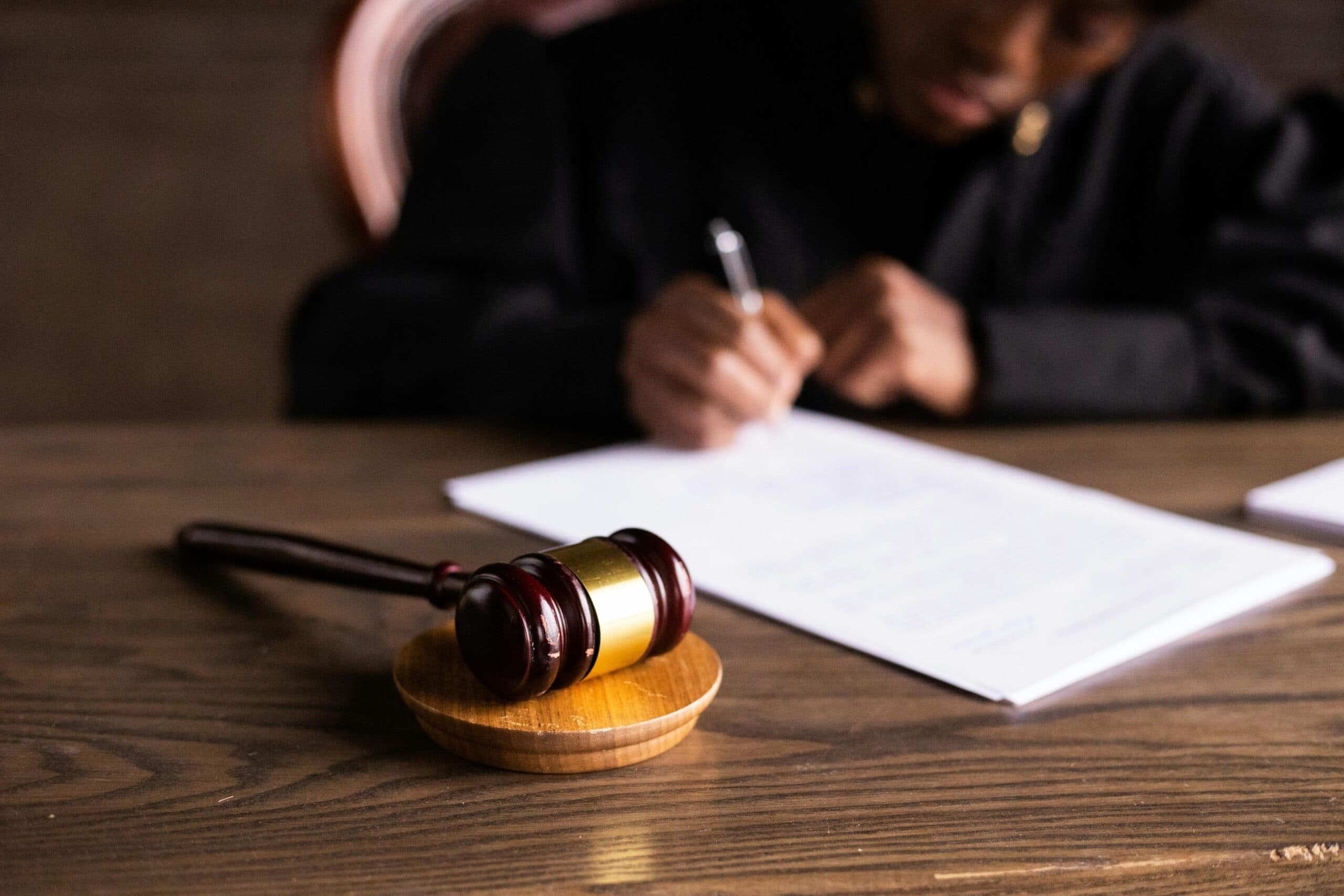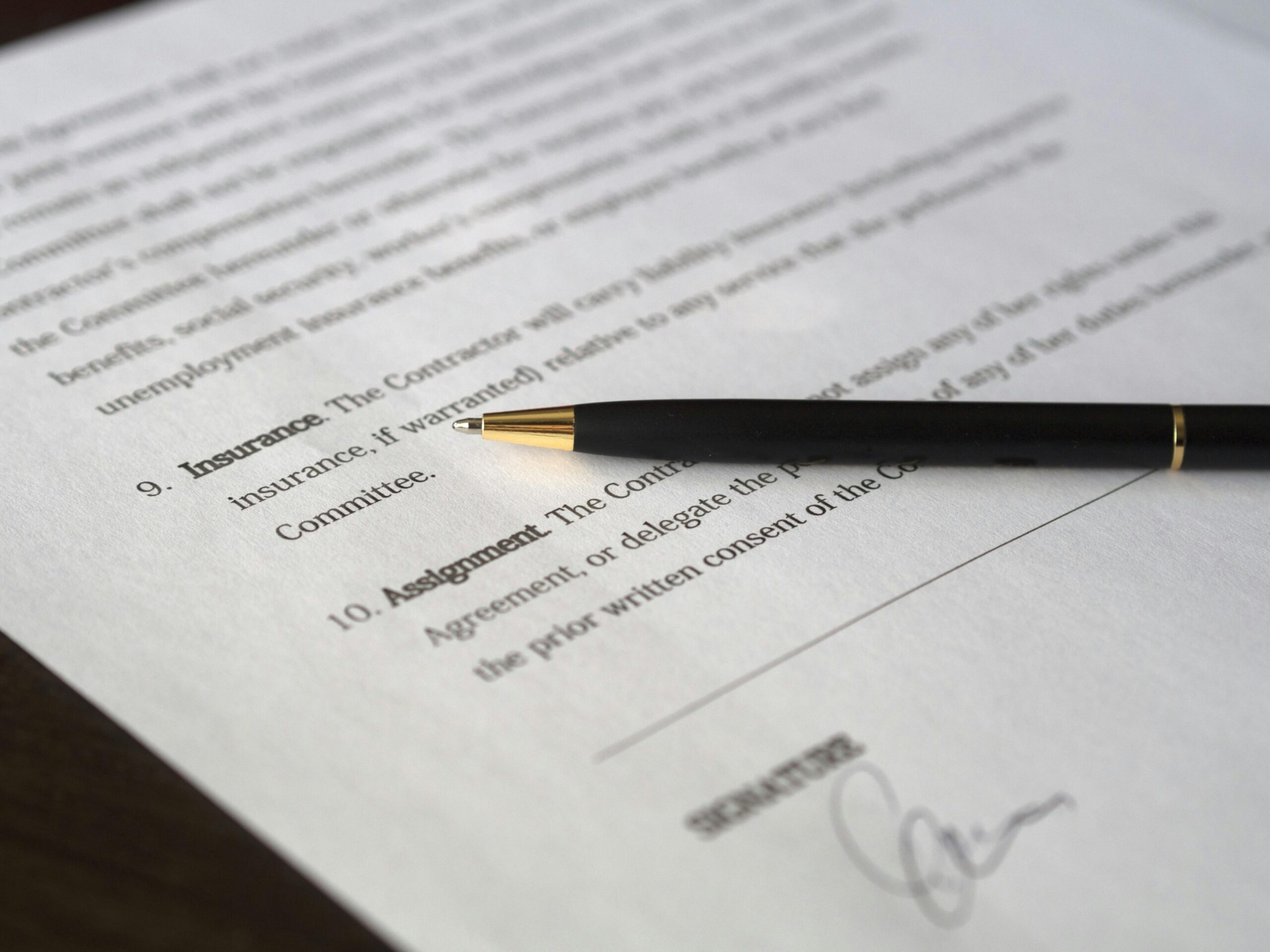
Traffic stops can be nerve-wracking, and knowing your rights in such situations is crucial. You may wonder, “Can a police officer open your car door during a traffic stop?” or “Can a cop reach into your car without permission?” These are valid concerns, and understanding the legal boundaries make you feel more confident in such encounters.
Traffic stops can be serious encounters, and understanding your rights is crucial. Police Violence Report collected data on more than 1,200 killings by police in 2024. That’s huge, and while not all cases are the same, you need to stay safe.
So, let’s break it down step by step.
Legal Boundaries: Can Police Open Your Car Door?
Generally, police officers must adhere to specific protocols when conducting traffic stops. The law doesn’t grant officers unrestricted authority to open your car door without a valid reason. However, there are circumstances where they may be allowed to do so:
1. With Probable Cause
Police can open your car door if they have probable cause to believe a crime is being committed. For instance, if an officer sees illegal substances, weapons, or contraband in plain view, they may justify their actions based on this evidence.
2. For Officer Safety
If the officer believes their safety is at risk—for example, if they suspect the driver may have a weapon or intends to flee—they may open the car door to mitigate the danger.
3. During an Arrest
If you are under arrest for a specific offense, the officer can open your car door to ensure compliance and perform a lawful search related to the arrest.
What About Consent?
Consent plays a vital role in traffic stops. If you voluntarily allow the officer to open your car door, they can proceed without needing additional justification. However, it’s important to remember that you have the right to refuse consent unless there’s probable cause or a safety concern.
Are Cops Allowed to Open Your Car Door Without Permission?
The question, “Can a cop open your car door without permission?” highlights the balance between individual rights and law enforcement duties. Without consent, probable cause, or an immediate safety concern, an officer generally cannot open your car door.
For example, if you’re pulled over for a minor traffic violation like speeding and there’s no indication of illegal activity or safety threats, the officer would not have the authority to open your car door.
Can a Cop Reach Into Your Car? Let’s Explore the Context
Just like the question of opening a car door, the legality of a police officer reaching into your car hinges on specific circumstances. The Fourth Amendment protects you against unreasonable searches and seizures, meaning that police cannot arbitrarily reach into your vehicle. However, certain scenarios may justify this action.
When Is It Legal for a Cop to Reach Into Your Car?
While your consent or a warrant is usually required for vehicle searches, there are notable exceptions:
Plain View Doctrine:
If illegal items, like contraband or open containers of alcohol, are visible from outside the car, an officer may reach in to retrieve them. For example, if a weapon is sitting on the passenger seat, the officer might secure it for safety.
Incident to Arrest:
If an officer arrests you during a traffic stop, they may search the vehicle and secure any evidence directly related to the arrest. For instance, if you’re being arrested for driving under the influence (DUI), they may retrieve open bottles or drug paraphernalia visible in the car.
Officer or Public Safety:
Safety is a key priority during traffic stops. If an officer feels endangered—for example, if your car is running and you refuse to turn it off—they might reach in to turn off the ignition. This step ensures the safety of everyone involved, including you.
Balancing Rights and Safety: How to Handle It
While these exceptions exist, it’s crucial to know your rights. If you believe an officer’s actions were unwarranted, you have the option to contest the incident in court. Documenting the encounter, staying calm, and consulting legal counsel can strengthen your case.
Remember, the line between lawful and unlawful actions often depends on the specifics of the situation. By understanding these nuances, you’re better equipped to protect yourself while complying with the law.
What Should You Do During a Traffic Stop?
Handling a traffic stop effectively requires awareness and composure. Here are some practical tips:
1. Stay Calm and Compliant
When pulled over, remain calm and cooperative. Keep your hands visible, usually on the steering wheel, and avoid sudden movements. This helps reassure the officer that you pose no threat.
2. Know Your Rights
Understand your legal rights. If you’re asked to step out of the vehicle, comply, but you can politely decline consent for searches. Statements like, “I do not consent to a search,” are your right to express.
3. Record the Interaction
Many states allow you to record police interactions during traffic stops. This can serve as valuable evidence if any legal disputes arise later.
4. Seek Legal Help If Necessary
If you believe your rights were violated—such as if a police officer opens your car door during a traffic stop —contact an attorney. Legal professionals can provide clarity and help you navigate the situation.
Real-Life Example: Understanding the Consequences
In 2021, a traffic stop in Florida raised questions about police authority. The officer opened a driver’s car door without permission, citing safety concerns. The driver later filed a complaint, arguing that their Fourth Amendment rights were violated.
While the officer’s actions were deemed lawful due to a suspected safety issue, the case highlighted the importance of knowing your rights during such encounters.
Can a Cop Open Your Car Door Without Permission? Yes, But Only in Certain Cases
To answer the central question: “Can a police officer open your car door during a traffic stop?”—yes, but only under specific circumstances like probable cause, safety concerns, or with consent. Understanding these nuances ensures you’re prepared to handle traffic stops while protecting your rights.
When you’re aware of the legal boundaries, you’re better equipped to remain calm and address the situation appropriately. Whether it’s clarifying “Are cops allowed to open your car door?” or recognizing when “Can a cop reach into your car?” applies, knowledge is your greatest ally.
Stay informed, stay calm, and always remember your rights. If you ever feel uncertain or believe an officer acted unlawfully, consult a qualified attorney to explore your options. We’re experienced with such complicated cases and can easily help you get the required assistance for you case.




